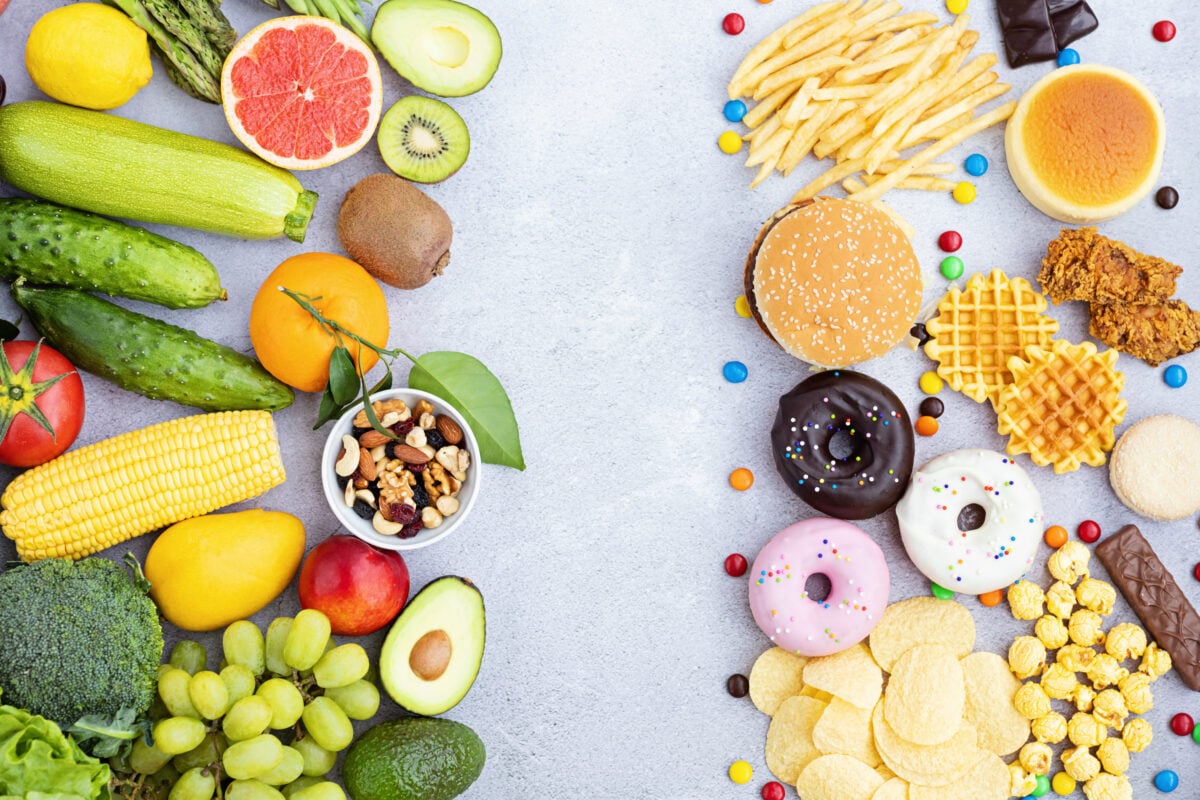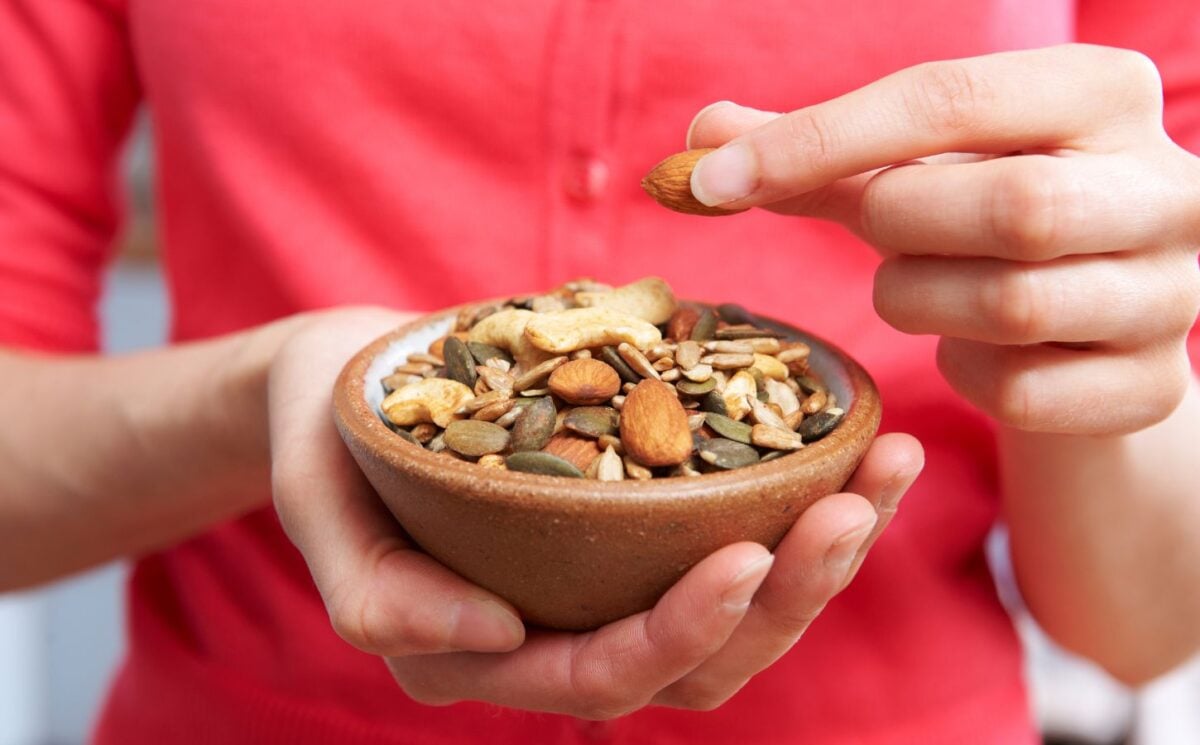A group of scientists have looked at existing data to get a clearer picture of whether snacking is linked with positive or negative health outcomes.
Read more: What Are ‘Plant Points’ – And Why Is Everyone Recommending Them?
Sarah Berry, chief scientist at ZOE Personalised Nutrition and professor at King’s College London, re-analyzed data from a 2018 to 2019 experiment for new insight into snacking health. Published in the European Journal of Nutrition, Berry and her colleagues’ report indicates that there are several factors in whether snacks lead to positive or negative health effects.
Approximately 95 percent of the 854 participants in the original experiment snacked between meals. The average number of snacks per person per day was 2.28, representing around 28 percent of total daily calories.
After re-analyzing the data, Berry and her colleagues found that eating between meals was not inherently positive or negative, however frequent. Instead, they emphasize that the timing and quality of snacks are key when aiming for positive health outcomes.
“There was no difference in health outcomes depending on the number of eating events,” Berry told New Scientist. “If you had three or if you had six, it didn’t matter.”
“What seems to matter is the quality of the snack – obviously – and the timing,” she added.
Read more: Is Bryan Johnson’s Longevity Protocol Worth The Hype?
Prioritizing nutritious foods

Overall, people who snacked on foods without nutritional value like crisps and biscuits – and those who ate after 9pm – seemed to experience worse health outcomes than people who didn’t snack at all and those who ate nutritious foods like nuts, seeds, and fresh fruit.
Furthermore, people who snacked on nutritious foods seemed to experience better health than those who didn’t snack at all. As many as one in four people consumed quality main meals but low-quality snacks, and around 31 percent ate most of their snacks after 6pm.
“If you are a grazer, as long as you’re grazing on healthy food and not grazing late at night, current evidence would support that this can be part of a healthy, balanced dietary pattern,” added Berry. “It’s a simple dietary strategy that can improve your health.”
Read more: 11 High Protein Vegan Snack Ideas






